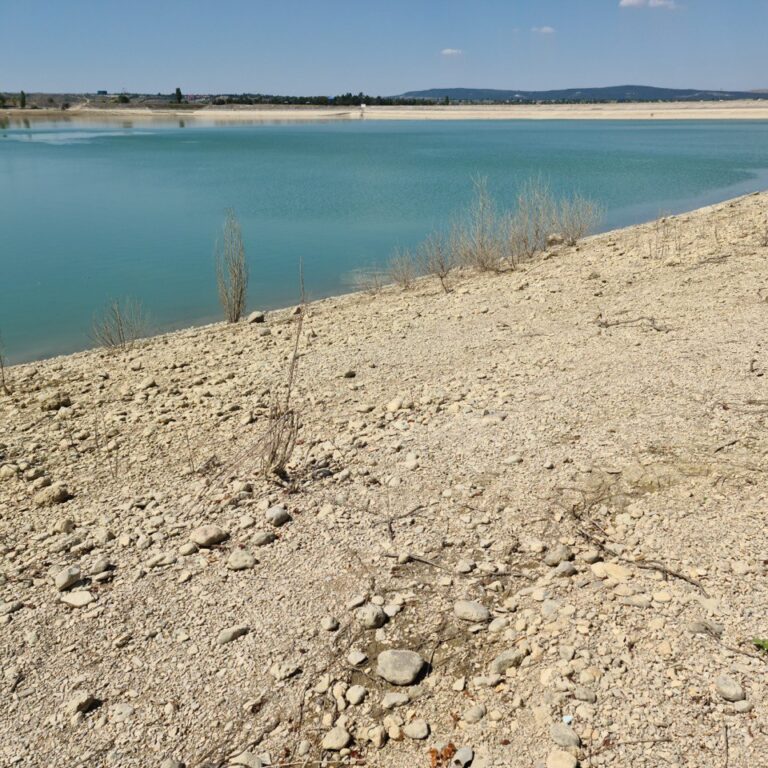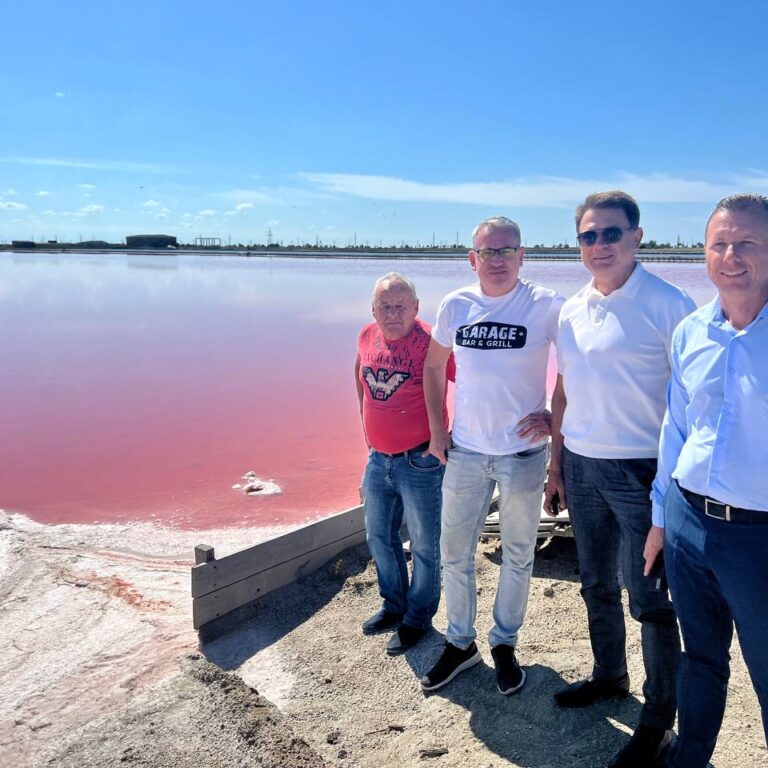The alleged “plans for regrouping troops” from the right-bank of Kherson Region, voiced by the aggressor’s military command, are being discussed in the occupied Crimea not only in terms of assessing the timing of further de-occupation, but also regarding the functioning of the so-called “land corridor”, through which the aggressor illegally tries to transport goods from Russia, through Mariupol and Melitopol , in the occupied Crimea.
Considering simple arithmetic calculations, it is obvious that the subsequent control over the Beryslav area objectively significantly brings the Armed Forces of Ukraine closer to both Armyansk and Chongar, through which this criminal “corridor” passes. Therefore, the “calming” statements of the occupiers’ fake “first deputy minister of transport” Nikolai Lukashenko that allegedly “the withdrawal of troops from the right bank of the Dnieper in the Kherson region will not affect the supply of goods to Crimea” in this context look like obvious propaganda.
And while the fake “governor” of Sevastopol Razvozhaev suddenly “remembered”, after three months of stormy stories about “drones, explosions and exercises”, that he was “not a military man but a historian” by education and stated that “it is premature to give historical assessments of the decision on Kherson”, the command of the Armed Forces of Ukraine announced on November 9 that 12 more settlements of the Kherson Region had been liberated.
As President of Ukraine Zelenskyy said in his address on November 9, “You need to understand: no one just leaves anywhere if they don’t feel strong. The enemy does not give us gifts, does not make “gestures of good will”. We are all fighting this”. At the same time, the mayor of Melitopol, Ivan Fedorov, said that the aggressor is criminally trying to make the occupied city a “logistics center in southern Ukraine”, apparently precisely within the framework of the “land corridor”.
At the same time, on November 10, the European Parliament officially announced the ratification of the EU agreements with Ukraine and Moldova on the facilitation of cross-border transportation of goods.
The two new road transport agreements are part of a response to disruptions in the Ukrainian and Moldovan transport sectors caused by Russia’s incursion into Ukraine.
“With Ukrainian airspace closed to civilian traffic and maritime exports severely restricted, Ukraine needs to find alternative road transport routes to export its stocks of grain, fuel, food and other related commodities”, the statement said.
Thus, the infrastructure logistics of the aggressor and, accordingly, the civilized countries of Europe entered into direct competition with each other, with a fairly obvious end result not in favor of the Kremlin. This becomes an important condition for the further de-occupation of the territories of Ukraine.







